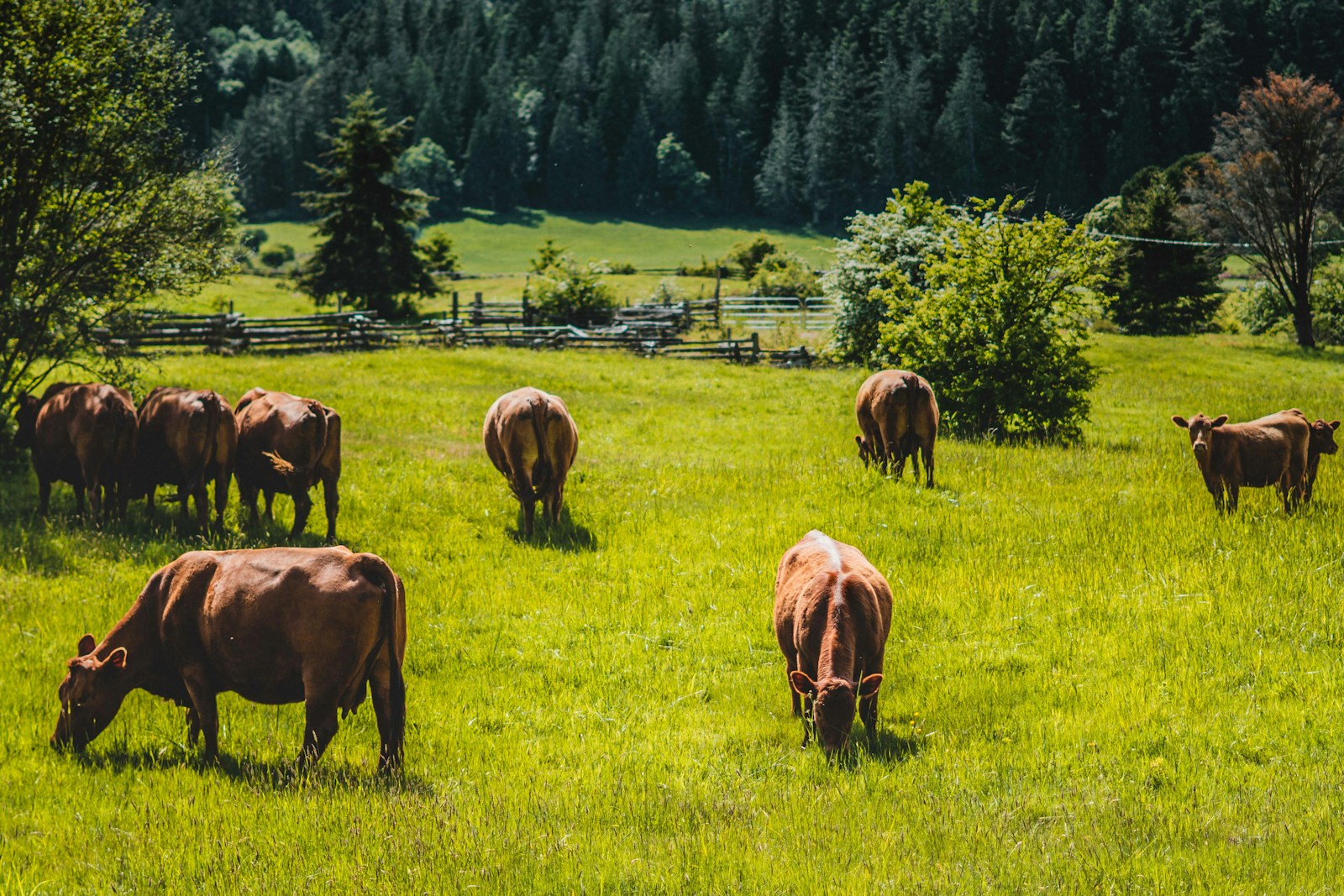
mugir

to moo
The given word 'mugir' does not mean 'mug' in English. 'Mugir' is a verb in Spanish that translates to 'to moo' in English. It refers to the sound that is often made by cows and other large livestock. The equivalent noun for 'mug' in Spanish is 'taza'. Please be sure to check the intended context of the word for the most accurate translation.
Example sentences using: mugir
Las vacas a veces mugen sin razón aparente.

Cows sometimes moo for no apparent reason.
This phrase states that cows sometimes make their characteristic sound without a clear or obvious cause.
Las vacas comienzan a mugir al amanecer.

The cows start to moo at dawn.
This is a phrase that indicates that cows start to make their characteristic sound, which in Spanish is 'mugir', early in the morning, at dawn.
Podemos oír a las vacas mugir desde nuestra casa.

We can hear the cows mooing from our house.
This sentence shows that the speaker is able to hear the cows, which are presumably nearby, making their characteristic sound from their house.
Cuando las vacas mugen, es señal de que van a llover.

When cows moo, it's a sign that it's going to rain.
This phrase represents a popular belief or saying which links the cows mooing (mugir in Spanish) with the prediction of rain.
Las vacas suelen mugir cuando están en celo.

Cows usually moo when they are in heat.
This sentence explains a common behavior of cows, which is to make their characteristic sound when they are in heat.
Es raro escuchar a las vacas mugir por la noche.

It's rare to hear cows mooing at night.
This sentence denotes that it is uncommon to hear the cows making their distinct sound during the night.
Los vaqueros pueden identificar a las vacas que mugen con dolor.

Cowboys can identify the cows that moo in pain.
This sentence explains that cowboy, due to their experience, are able to tell when a cow's mooing indicates that it's in pain.
Mugir mucho puede indicar que una vaca está estresada.

Mooing a lot can indicate a cow is stressed.
This phrase suggests that if a cow is mooing excessively, it could be a sign of stress.
El sonido que producen las vacas al mugir es muy característico.

The sound that cows make when they moo is very characteristic.
This sentence highlights that the sound cows make when they moo is distinctive and easily identifiable.
En algunas culturas, el mugir de las vacas es considerado un buen augurio.

In some cultures, the mooing of cows is considered a good omen.
This phrase reveals that in certain cultures, the sound that cows make is viewed as sign of good fortune.